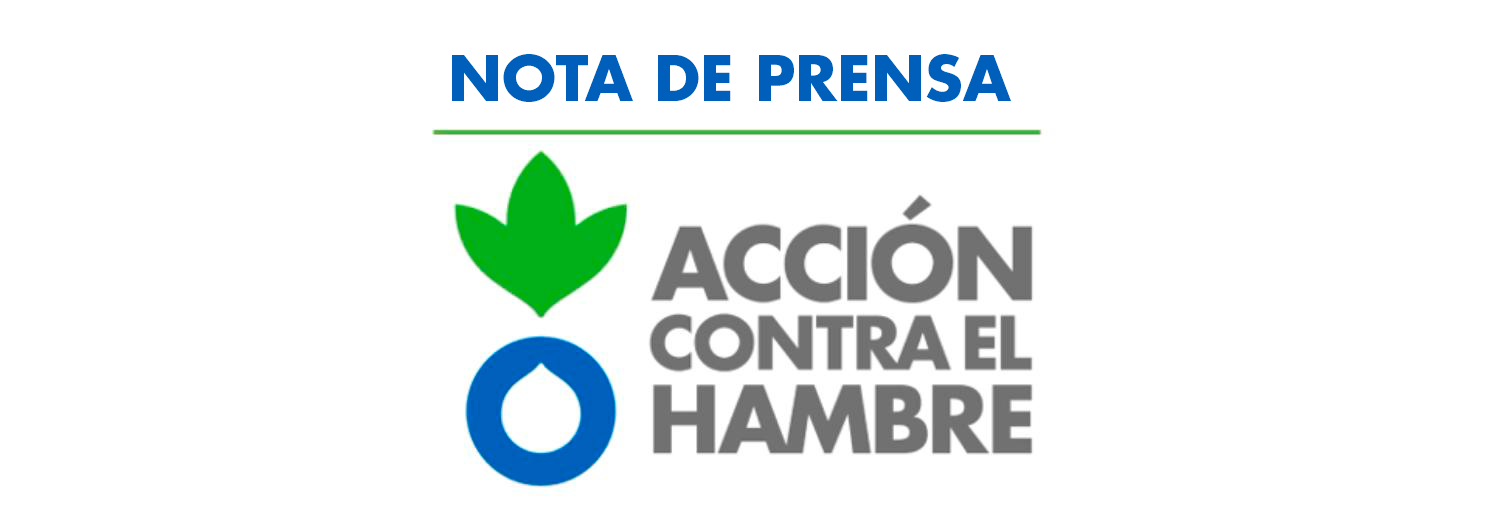

Nine Months After Ceasefire, Hundreds of Thousands in Lebanon Still Deprived of Running Water
At least 150,000 people remain without running water across the South of Lebanon after Israeli attacks damaged and destroyed swathes of water sanitation and hygiene (WASH) facilities since the beginning of the conflict in Lebanon in October 2023, according to a report from Action Against Hunger and Insecurity Insight released today.
The report, When Bombs Turn the Taps Off: The Impact of Conflict on Water Infrastructure in Lebanon found there had been devastating immediate and long-term impacts of repeated attacks by Israeli forces on Lebanese water infrastructure between October 2023 and April 2025. Six months after the fragile ceasefire, more than 30 villages remain without any connection to running water.
These attacks have seen long term disruption to supplies of fresh water, dependence on water trucking that many people cannot afford and, according to the world bank, losses estimated at US$171 million across the water, wastewater and irrigation sectors.
In the Nabatieh and South governorates alone, at least 26 water pumping and 28 water pipeline networks have been moderately damaged since October 2023. While the majority of water infrastructure damage occurred in South Lebanon, Baalbeck’s Schmustar town in the Bekaa also remains without running water, with one well completely destroyed and five others partially damaged — leaving thousands of residents dependent on a water tank that fills to just 20% of its capacity.
“The attacks had devastating consequences for farmers, as water shortages impacted irrigation and food production”, said Insecurity Insight Director Christina Wille. “More than 82% of the farmers interviewed in South Lebanon during the research said they couldn’t get enough water to irrigate their crops or to give drinking water to their livestock.”
Action Against Hunger country director Suzanne Takkenberg said, as a scorching summer takes hold across the region, increased risks of an outbreak of waterborne diseases are also heightened. “The dry season, coupled with the lack of access to water caused by the attacks, forces vulnerable communities to resort to utilising unsafe or contaminated water sources for their daily needs. This brings the very real risk of disease” said Suzanne.
Dr Wassim Daher, Director General of the Southern Lebanon Water Establishment said damages sustained by the Israeli attacks on water infrastructure have affected thousands of people closest to the border.
“The experts in our team estimated that 90% of the water services within 5km of the southern Lebanese border are disrupted. A further 92,000 people who used to live in these areas before October 2023 have not returned due to the destruction and lack of essential services”, Dr Daher said.
The agencies recall that all parties to the conflict have clear obligations under IHL to protect objects indispensable to the survival of the civilian population, including water installations. The agencies call on urgent action to be taken to restore water connections to communities. The agencies also call for all parties to the conflict to comply with the ceasefire agreement.
